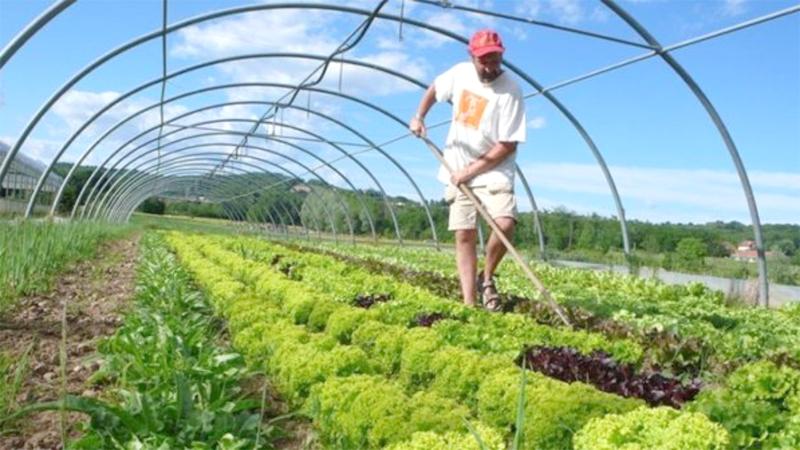
Following the decision to ban the use of chemical fertiliser and make Sri Lanka the first country to eliminate chemical fertiliser in agriculture, agri-sector experts and economists said the authorities should consider the pros and cons of the decision on the agriculture sector.
Senior Professor of the Faculty of Agriculture, University of Peradeniya, Prof. JeevikaWeerahewa said banning agro-chemicals with immediate effect would badly affect food production which would result in an increase of food prices.
“I would never downgrade a decision to promote organic agriculture. Because we are all worried about food safety. Banning agri-chemicals is indeed a good decision in that direction. But there are repercussions too of such a sudden decision,” Prof. Weerahewa said. As any country has to determine its decisions regarding agriculture considering its impact on the environment, people and the economy, organic agriculture would serve better to the first two aspects while the latter would have an enormous impact by such a sudden push, she thinks. “First of all, our country does not have sufficient organic fertiliser production to cater to the demand. Second, as the food production is low and higher prices of food, the nutrition intake of the people would be drastically reduced, especially in the rural areas. Thus, it will affect the health of the population and the labour productivity as well,” she said.
While Chronic Kidney Disease is being considered a result of the heavy use of agro-chemicals, Prof. Weerahewa said that there is no scientific evidence behind that popular opinion. “If that is true, the same health problem should affect farmers in upcountry areas too. Because they also use agro-chemicals in a similar manner.” Agriculture Economist and Founder of Green Space Consultancies, Dr. Chatura Rodrigo said that overuse and misuse of agri-chemicals has been the issue in most of the cases. “We see that our farmers use chemicals as per their will.
They sometimes mix different chemicals and apply them on fields without any consultation from experts,” Dr Rodrigo said. He also highlighted the opinion of Prof. Weerahewa on the high possibility of yield reduction.
“According to our studies we would expect about 30%- 60% reduction in harvest if we go fully organic. This will be a big issue when we consider export-oriented agriculture value chains.”
Instead of going fully organic, he suggested to begin with abandoned agricultural lands (marginalised lands) to go fully organic. “In a single audit we can turn those fields into organic agriculture lands.
We can also promote home gardening to completely rely on organic fertiliser. Even though I wish to go 100% organic sooner than later, we do not have efficient organic fertiliser to cater our demand in the absence of chemicals,” he said. “We should go organic, there is no doubt about it. But we need a proper plan,” he said.
